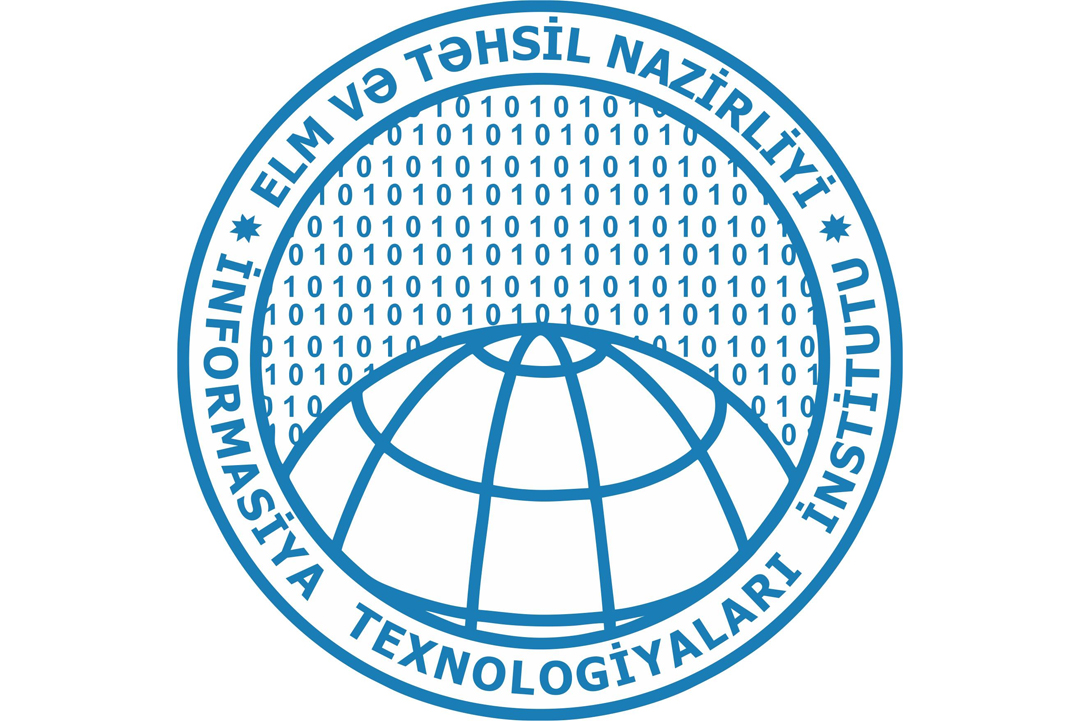NEWS
Artificial e-skin warns of impending danger

Researchers at the University of Connecticut and Toronto have developed artificial skin that can give its owner superpowers, thanks to multi-functional sensors that react to a strong magnetic field and pressure drops.
The electronic skin is based on the “multi-modal ferrofluid based triboelectric nanogenerator” (FO-TENG), which is an elastic silicone tube filled with ferrofluid reacting to magnetic fields. The tube has a winding of copper wires through which electrical signals pass.
According to one of the developers of Islam Mosa in an interview with Science Daily, the new skin has “excellent water resistance, compatibility and ability to stretch,” which allows it to keep its shape for years.
The developers hope that after obtaining the appropriate permits artificial leather can be used in the disposal of hazardous materials, in robotic search and rescue missions, as well as in the manufacture of "sensitive" prostheses for victims of severe burns.



